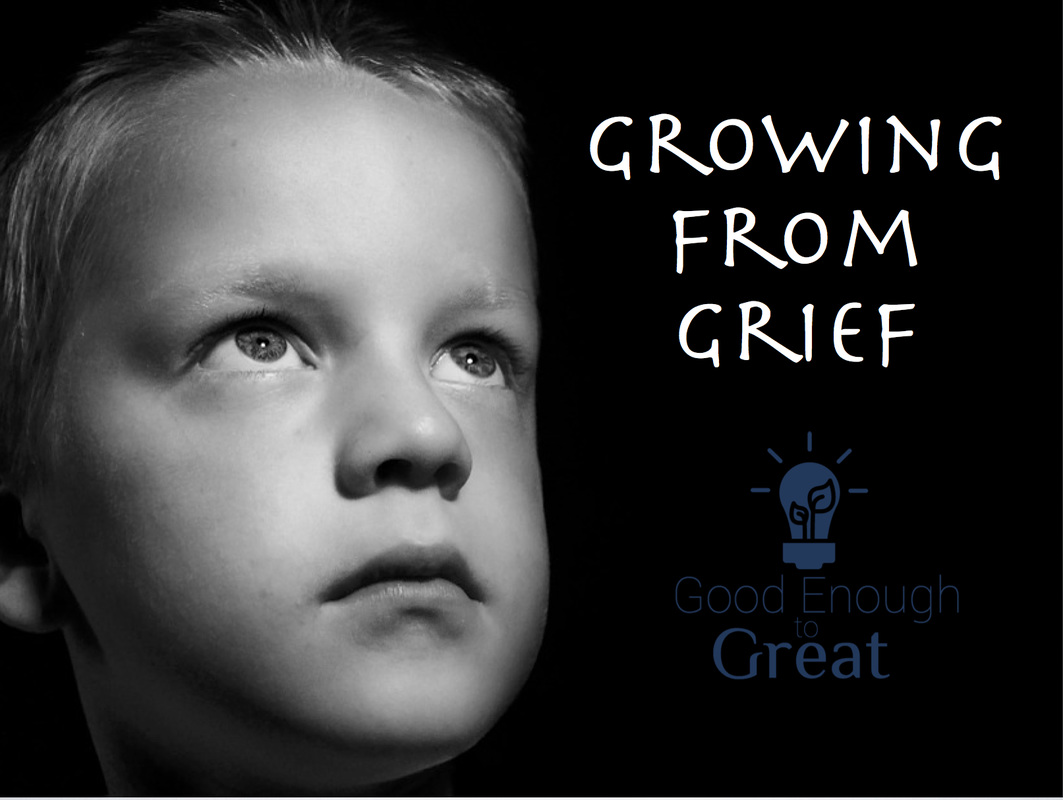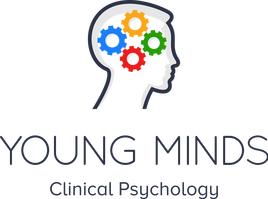“To be honest, I did not know what to say to her”. Julie, mother of Kara, 7 years old, talks about supporting Kara after the death of her grandmother. “We tried a lot of different things to cheer her up and get her mind off her grandma, but none of them seemed to work for very long”.
Julie describes watching Kara’s distress as “unbearable”. “The reality was that I was grieving too. I was quite close to my mother-in-law and watching Kara upset for days on end was exhausting. I felt helpless”.
1 in every 5 children will experience the death of someone close to them by the age of 18. Children can experience grief and loss from a very young age. Despite having their own unique ways of grieving, children often require the support of a trusting adult to reaffirm their faith in the world and the future.
So how can parents help?
While losses can be distressing, the experience of grief in children presents parents with a unique opportunity to build emotional resilience. Emotion coaching is a strategy for parents to help their children with skills to cope with strong negative emotions. Emotion coaching consists of three parts:
Julie has used emotion coaching with success with Kara. “I was nervous about saying something that would make Kara worse, or push her to becoming depressed. With Emotion Coaching, I feel like I know what to say to her. Don’t get me wrong, its still hard watching her upset, but I know that I can help her learn how to cope with such intense feelings - like grief and sadness - in the future and into adulthood”
Julie describes watching Kara’s distress as “unbearable”. “The reality was that I was grieving too. I was quite close to my mother-in-law and watching Kara upset for days on end was exhausting. I felt helpless”.
1 in every 5 children will experience the death of someone close to them by the age of 18. Children can experience grief and loss from a very young age. Despite having their own unique ways of grieving, children often require the support of a trusting adult to reaffirm their faith in the world and the future.
So how can parents help?
While losses can be distressing, the experience of grief in children presents parents with a unique opportunity to build emotional resilience. Emotion coaching is a strategy for parents to help their children with skills to cope with strong negative emotions. Emotion coaching consists of three parts:
- Accepting the reality of what has happened: By helping them narrate their experience of the losses, parents can help kids with dealing with feelings of shock & denial, and move towards acceptance. Listening to your child tell their story is often more powerful than the reassurance you offer.
- Ways to deal with emotional pain: By slowly bringing children’s attention to the here and now, parents can begin to think together about the practical steps children can take for themselves to tolerate the distress they are experiencing. These short-term strategies offer relief to your children, and could include redirecting their attention onto other activities or self-soothing using their senses – going for a walk or a run, watching their favorite tv shows, listening to music.
- Finding ways to say goodbye and honor them: For kids like Kara, having some enduring connection to her grandmother is often crucial for healing and moving on. Helping kids find their own unique ways of saying goodbye and honoring loved ones who have passed can be just as helpful for parents, as it is for children, in coping with the loss.
Julie has used emotion coaching with success with Kara. “I was nervous about saying something that would make Kara worse, or push her to becoming depressed. With Emotion Coaching, I feel like I know what to say to her. Don’t get me wrong, its still hard watching her upset, but I know that I can help her learn how to cope with such intense feelings - like grief and sadness - in the future and into adulthood”


 RSS Feed
RSS Feed
